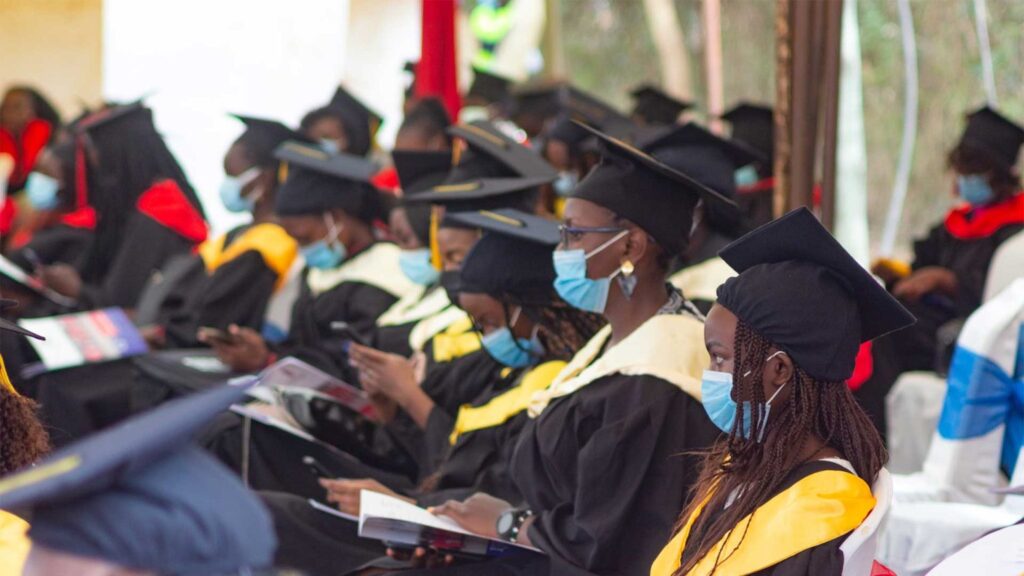If a study was to be conducted across universities delineating the completion rates of post-graduate students, many institutions would score badly. The development and innovation index of any country is determined by an increased specialization in various courses steered by post-graduate programs. While a good number of Kenyans have registered for masters and PhD courses, only a few of them manage to complete, with most of them giving up on the way. In Kenya, the quest for post-graduate education has been crippled by lack of a professional and standardized framework for supervising students in their research work. The frustration meted on post-graduate learners during the development of their theses have forced most of them to use subterfuge and fraudulent routes to complete their courses.
It all starts when students select their research topics of interest and share with their supervisors for guidance. In most instances, the supervisors normally label students’ topics as “over-researched,” thereby imposing premediated topics on them. In such circumstances, research loses meaning as students are left to caress their supervisors’ egos.
Some supervisors compel post-graduate students to drop out by intentionally creating an unnecessary monster out of research, making it look like some unattainable uphill task that can only be realized through mental torture, psychological torment, and extreme strain. While it’s understandable that there is need for rigorous guide during the several steps involved in developing a thesis, the path selected by most supervisors only frustrate and demoralize learners.
When defending their proposals, most post-graduate students face hostile panelists who intimidate, mock and challenge them unfairly. It is at this point that the indefatigable effort demonstrated by students to become astute researchers are thwarted as heir ambition is mutilated in its inchoate stage. The rigid approach by the supervisors and defense panelists makes it difficult for post-graduate students to develop genuine interest in research.
High postgraduate dropouts are also caused by the supervisors’ conflict. In most universities, post-graduate students are usually assigned at least 2 supervisors, who end up conflicting due to lack of consensus. While one supervisor might tell the learner to adopt a certain approach, the other one might suggest a different one, putting students at crossroads and delaying their progress.
There is need for universities to develop research centres that will reeducate the current crop of supervisors on proper frameworks for guidance during research work. This might help them to adopt a flexible and less hostile approach when guiding their students, in the process, reducing the ubiquitous delays and burgeoning dropouts experienced. It will also change the negative narrative of research work supervision. Without this, the cycle of poor supervision is likely to continue because some of the postgraduate students who underwent a frustrated and gruesome supervision are the same ones who will form the next line of supervisors. If so, there are high chances that they might bequeath the same styles their predecessors used.
The Columnist is a Research Consultant, Policy Analyst & Strategist



